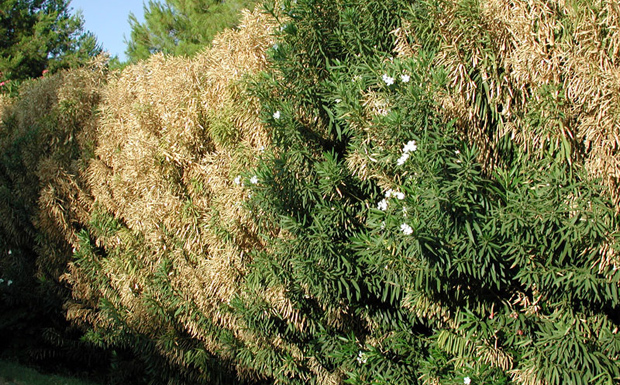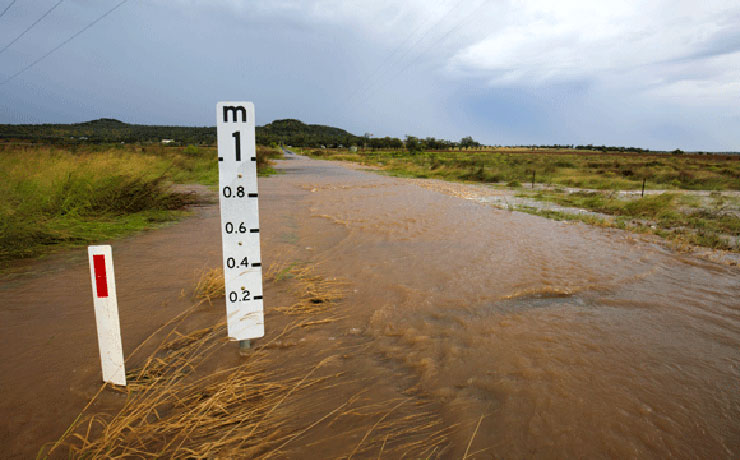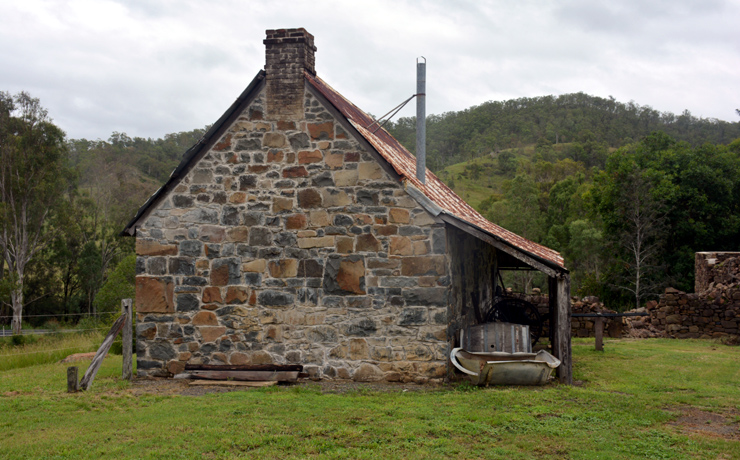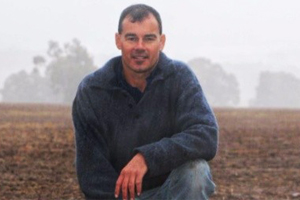
May 16, 2017
International experts will be gathering in Brisbane this week to swap information and strengthen Australia’s defences against one of the world’s most devastating plant pests, Xylella fastidiosa.
The bacterium – which cannot be treated at present – originated in the Americas and is now present in Europe, China and Iran
“(It) is a deadly and highly invasive plant pest that has wreaked havoc on Californian grape growers and wiped out more than a million ancient olive trees in southern Italy,” Australian Chief Plant Protection Officer Dr Kim Ritman said.
“While the quickly spreading bacterium is not yet present in Australia, last year Xylella came in at number one in Australia’s Top 40 National Priority Plant Pests.
“Xylella bacterium has the potential to severely hurt our citrus, grape, olive, peach, plum and forestry industries.”
Dr Ritman said the 2017 International Symposium on Xylella fastidiosa was a critical forum for addressing Australia’s ability to detect the disease, and if detected, the nation’s preparedness to respond quickly and implement effective management processes.
“We have gathered experts from France, Italy, New Zealand, Taiwan, the United States, as well as Australian speakers, who will share their knowledge and experience with this so-far-untreatable plant pest,” Dr Ritman said.
“The symposium means Australia will benefit from international expertise and take a scientific approach to manage this major threat, continuing to ensure this serious biosecurity risk stays offshore.
“Australia’s biosecurity system is built on a partnership approach involving government, industry, scientists, experts and the general public all working together to protect our agricultural industries … and unique environment from pests and diseases present in many other parts of the world.
“While the biosecurity work we do in Australia . . . helps to manage the risk, support from the public as well as producers is crucial in ensuring this devastating pest continues to stay offshore.
“Producers need to be taking proactive measures to identify and report any unusual pest or disease symptoms, minimising the likelihood of disease coming onto their farms.
“Similarly, the general public has a role to play: by not bringing plants or seeds into Australia through the airport or mail, we can work together to keep Australia Xylella-free.”























